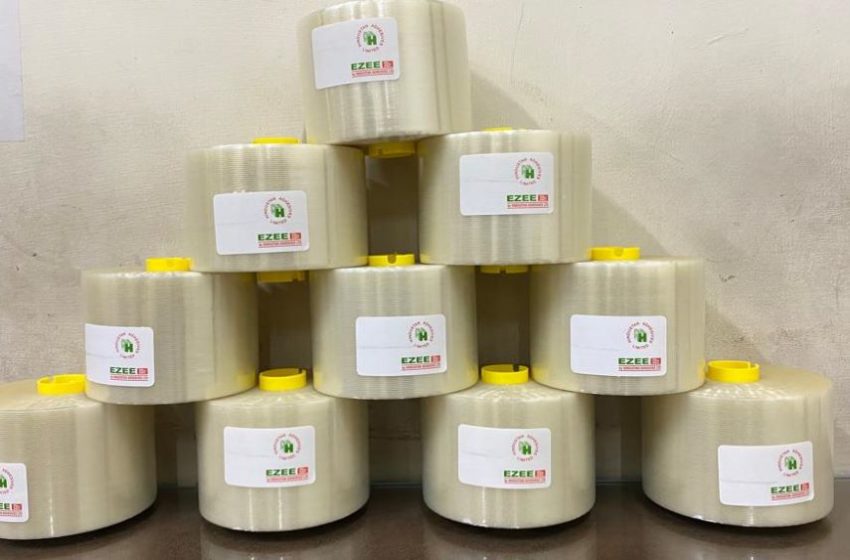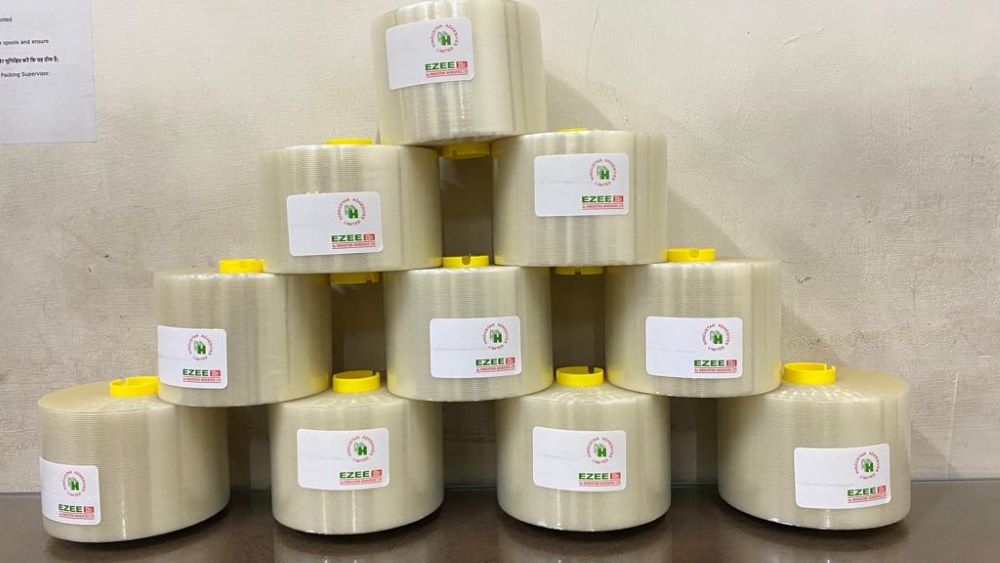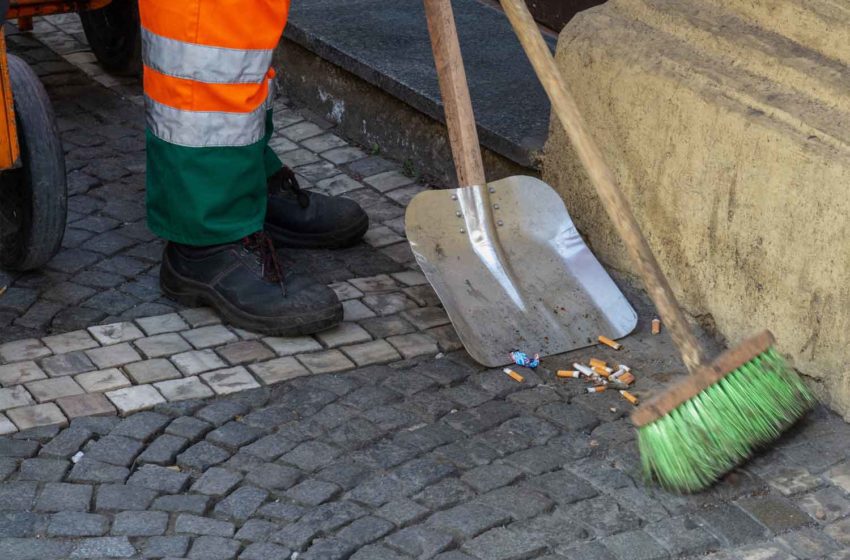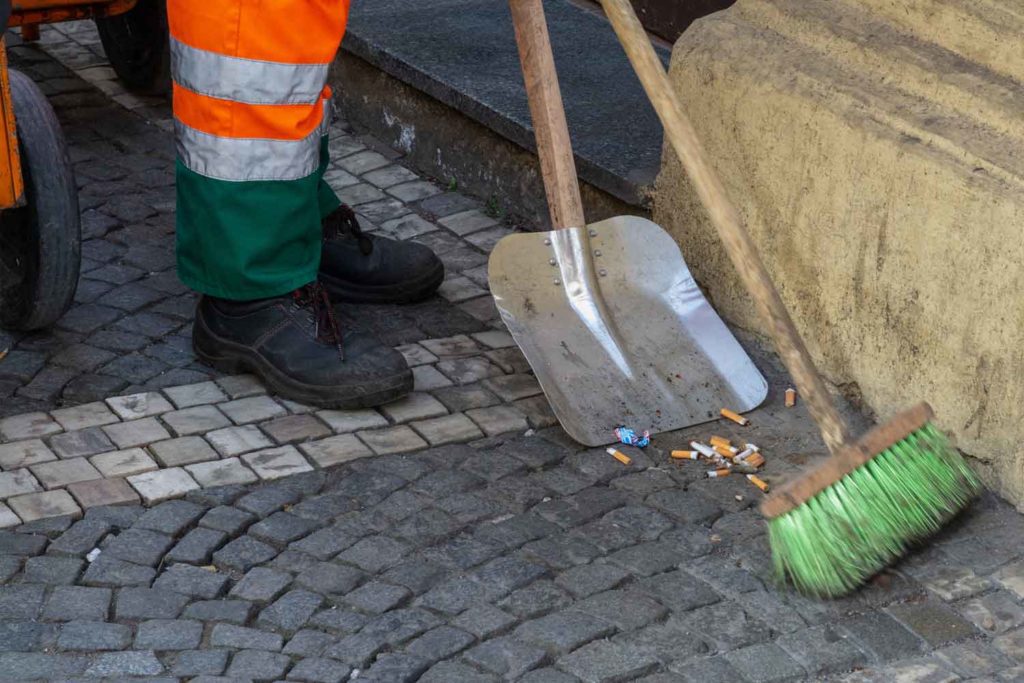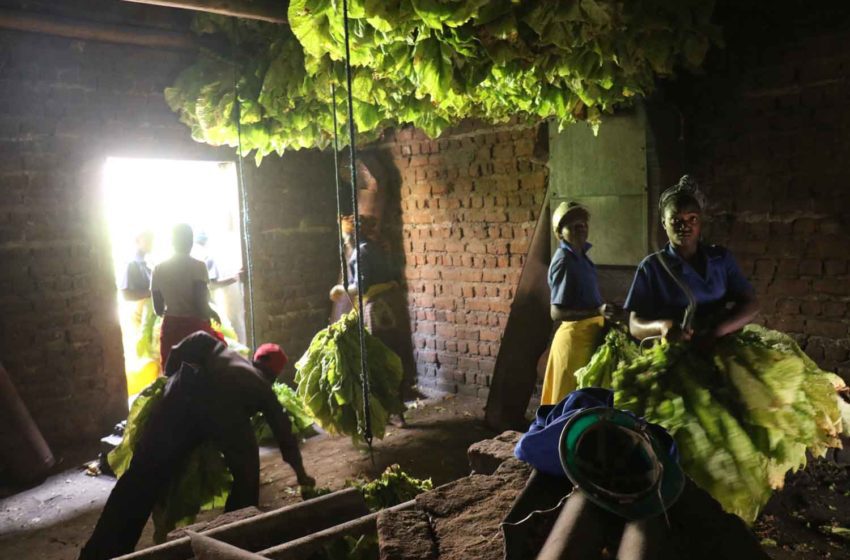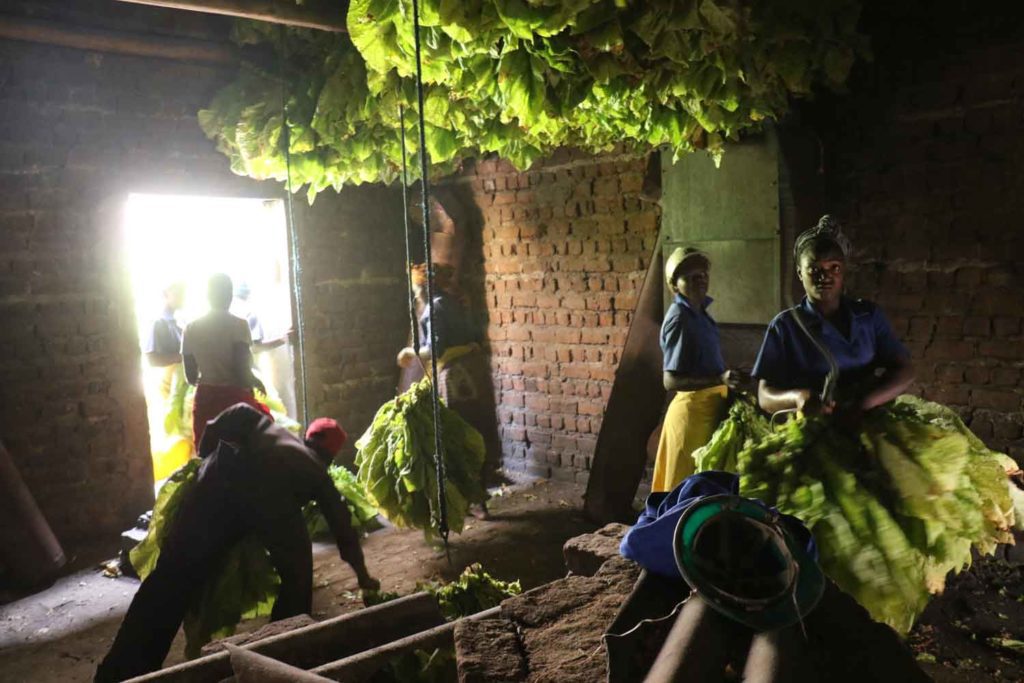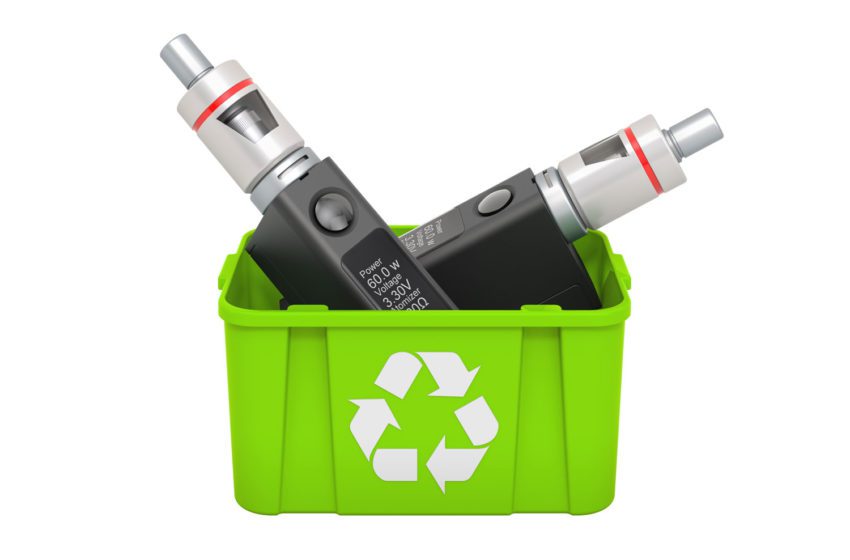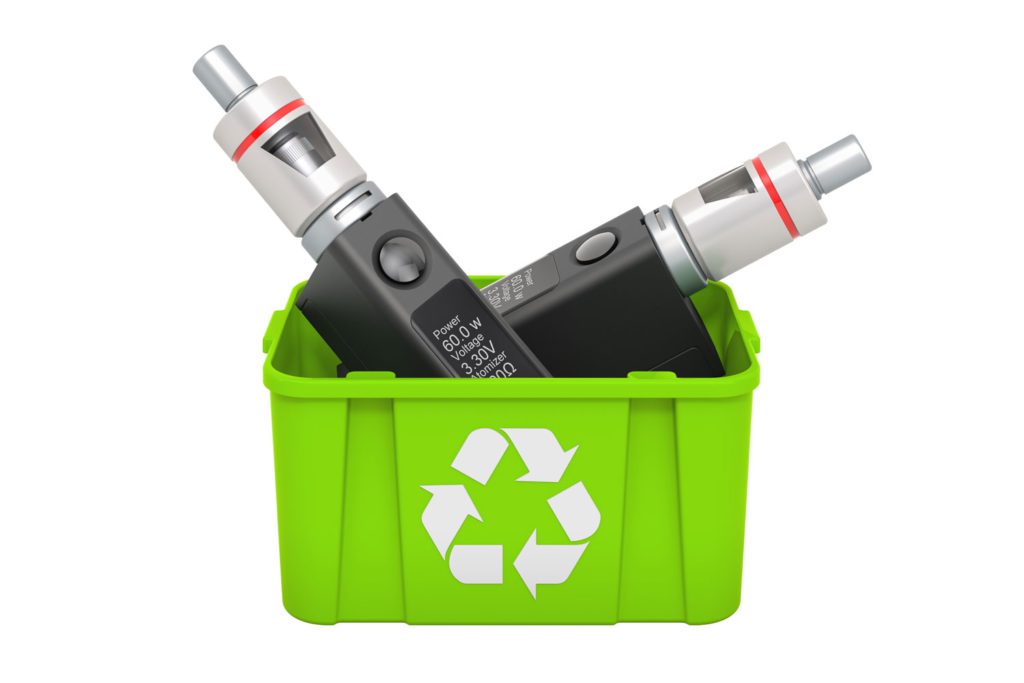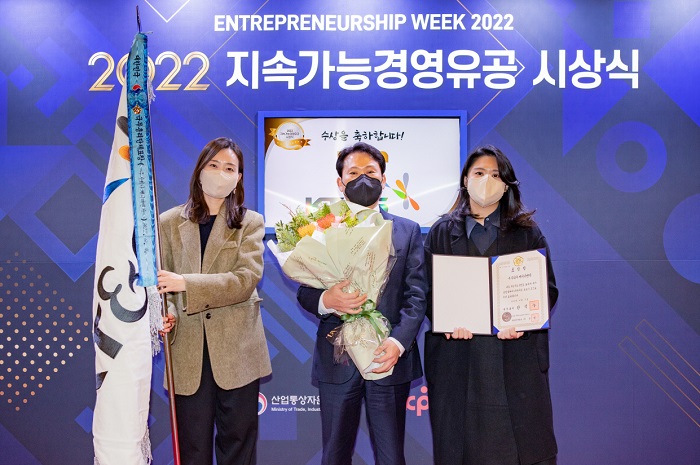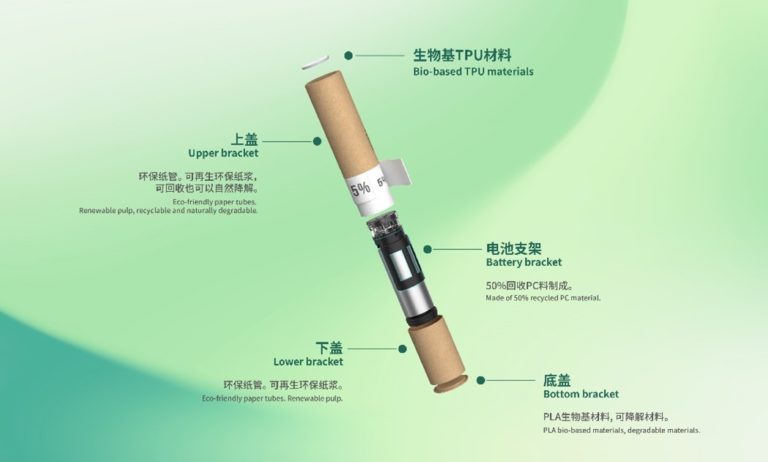
BAT has issued its first Combined Annual and ESG Report, which embeds detailed information on sustainability and environmental, social and governance (ESG) into its statutory annual report.
New and updated targets have also been announced in the report, including: achieving a 30 percent renewable energy target by 2025, two years early, resulting in a revised target of 50 percent renewable energy by 2030; increasing the initial target of 15 percent reduction in waste from BAT’s operations by 2025 to 25 percent; expanding the scope of BAT’s 100 percent reusable, recyclable or compostable packaging commitment, beyond just plastic, by 2025; and setting a new target of zero conversion of natural ecosystems in its tobacco supply chain by 2025.
“BAT is proud to further enhance its sustainability reporting with its first Combined Annual and ESG Report,” said Mike Nightingale, BAT’s chief sustainability officer. “Sustainability and ESG matters are increasingly recognized as having a significant impact both on society and on how well a company performs. A combined report shows our strong commitment to transparent reporting and integrating sustainability and ESG matters into how we manage our business.
“We are making good progress in advancing our sustainability strategy and building ‘A Better Tomorrow.’ We are reducing the health impact of our business and further increasing our ambitions as we drive our business transformation. In 2022, for example, we increased the number of consumers using our noncombustible products to 22.5 million while at the same time reducing Scope 1 and 2 GHG emissions by 15 percent versus 2021. We know we have more to do and look forward to delivering on our ambitious targets.”
This report also includes results of BAT’s first Double Materiality Assessment, an approach to assessing impacts that helps the company to further shape the most important sustainability priorities and actions. Such an approach looks not only at how its business impacts sustainability issues but also how sustainability-related matters impact its business.


